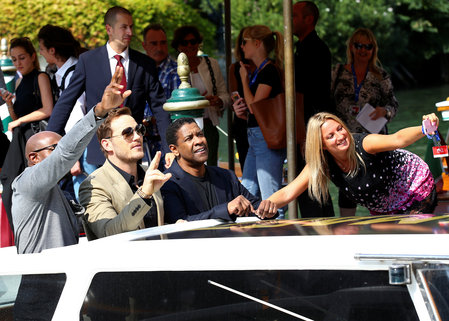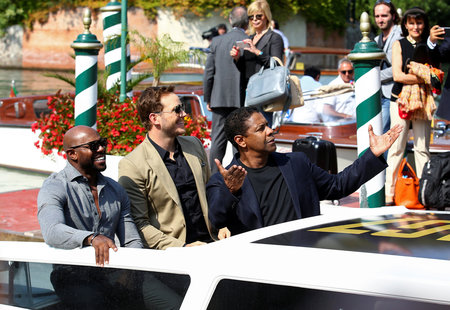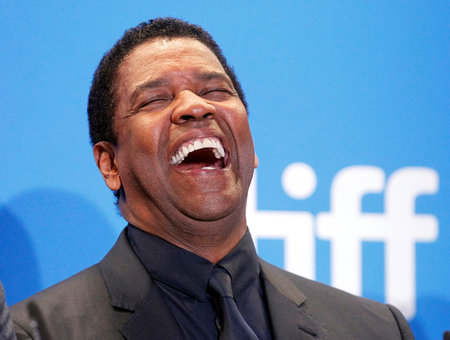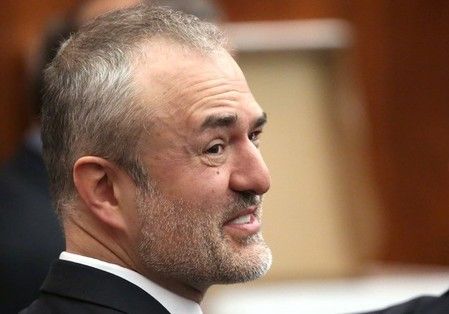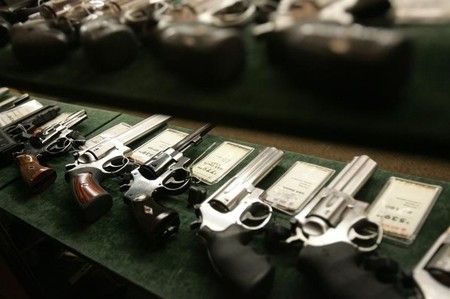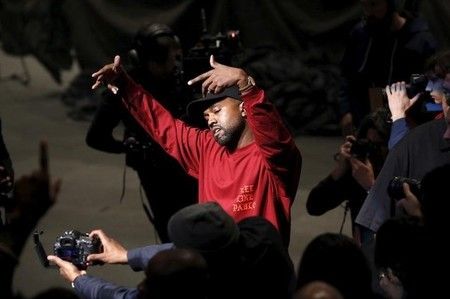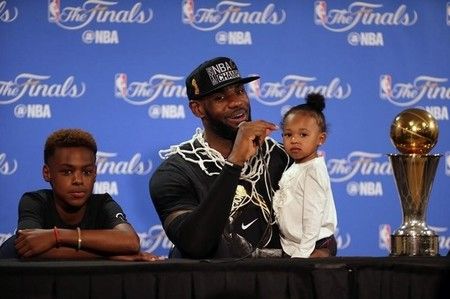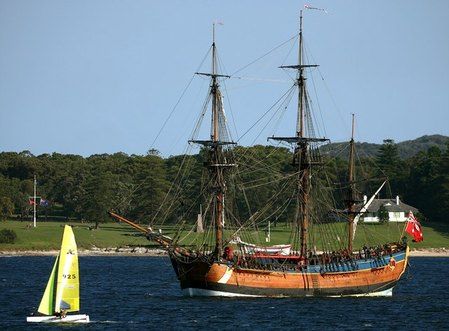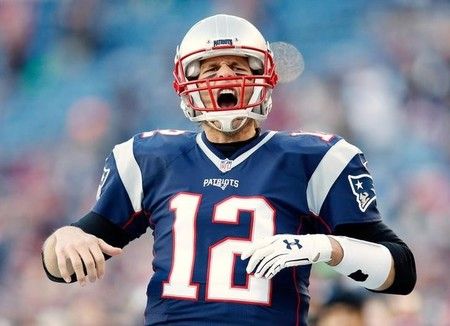Advertisement
Denzel Washington says ‘The Magnificent Seven’ like being a kid again
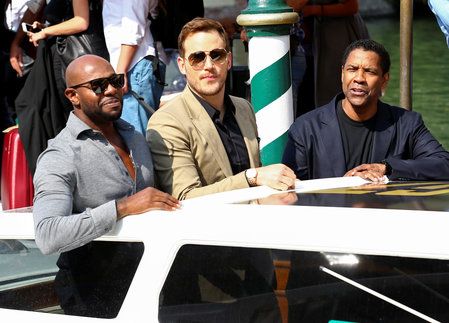
By Agnieszka Flak
VENICE (Reuters) – As a pastor’s son, Denzel Washington never got to watch Westerns as a child, but playing around with guns and horses in Antoine Fuqua’s remake of “The Magnificent Seven” was like being a kid again, he said at the Venice film festival on Saturday.
Fuqua’s take on a story about hired guns in the Old West protecting a town from thieves will close the 73rd edition of the world’s oldest film festival on Saturday. It premiered in Toronto and screens in Venice in the out-of-competition section.
“To ride around on a horse, spinning guns and doing all that is like being a kid again, it’s really fun and they actually paid us,” Washington, 61, told a news conference. “I love my horse, I miss my horse.”
The tale follows a band of outlaws who come together to defend a gold mining town from murderous baron Bartholomew Bogue (Peter Sarsgaard) after a widowed young woman vows revenge for her dead husband.
The film is led by Washington’s bounty hunter Sam Chisholm, who brings together alcoholic gambler Josh Farraday (Chris Pratt), sharpshooter Goodnight Robicheaux (Ethan Hawke) and his knife-throwing comrade Billy Rocks (Byung-hun Lee).
They are joined by bear-like tracker Jack Horne (Vincent D’Onofrio), Mexican outlaw Vasquez (Manuel Garcia-Rulfo) and Native American warrior Red Harvest (Martin Sensmeier).
The movie is a remake of the 1960 Western directed by John Sturges, which in turn is an Old West-style version of Akira Kurosawa’s 1954 Japanese-language film Seven Samurai.
Unlike its predecessors, Fuqua’s take has a more diverse cast, including black, Asian and Mexican characters as well as a strong female lead, and Washington called it “a more honest representation of what the world was like” in 1874.
Fuqua said he was always passionate about Westerns and how the genre changed over time under the influence of Italian director Sergio Leone’s Spaghetti Westerns.
“In a very strange way, Sergio Leone’s Westerns were more true to what the west was,” he said. “The characters were harder and meaner, it was a tough place, so Sergio Leone was a huge influence on my passion for Westerns.”
While the underlying theme of the movie still resonates today, Fuqua said he did not mean to make it political.
“We’re still dealing with tyranny and terrorism … bullying, people taking advantage of the weak, so we need strong people who are capable to come and help, to serve, which is what samurai means … that ideal should never go away,” he said.
“You can make it political if you want to … but we’re here to entertain,” he said.
(Editing by Helen Popper)


